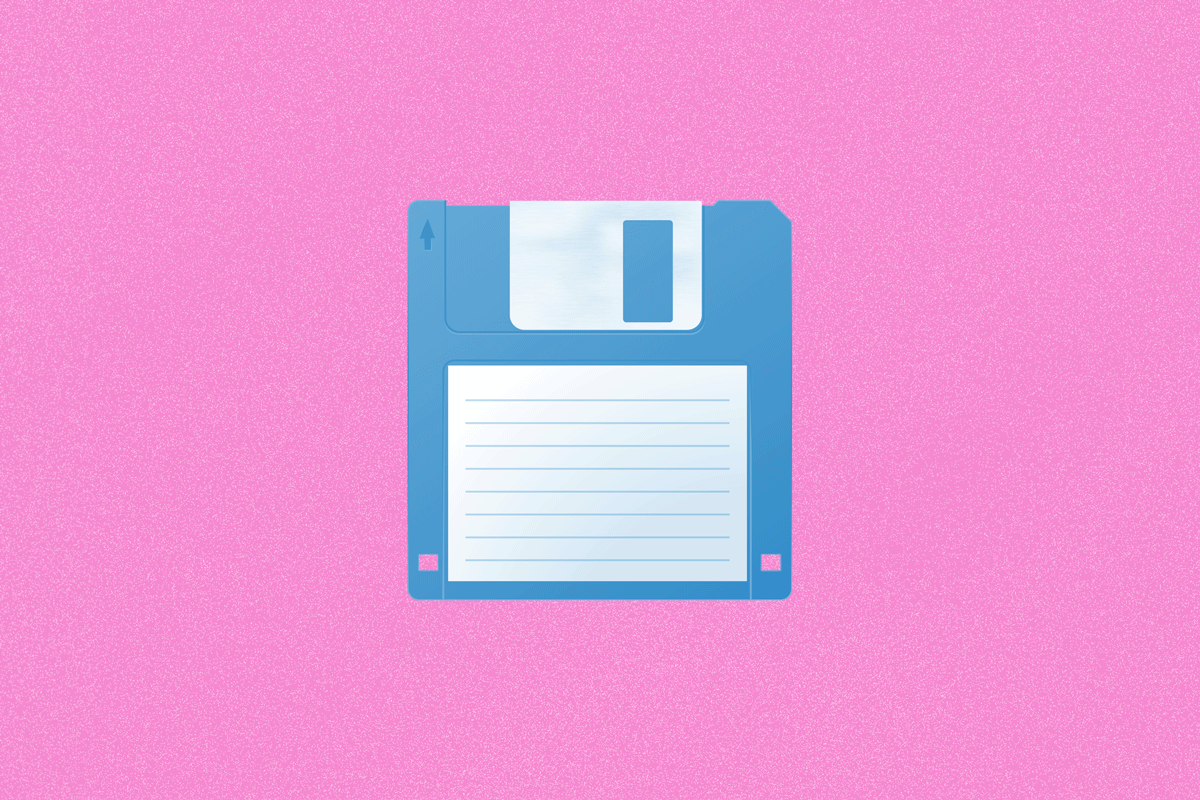PerformanceSocial ImpactInnovationTechnologyResearch and Insights
How do we prepare children today for the technological changes of the future? Is teaching programming in schools the answer, or is there more to “computer science” that we're missing? Code.org CEO Hadi Partovi and PayPal's CTO, Sri Shivananda tackled these questions in a recent conversation for Tech Matters, a video series discussing all things technology with leaders from across the tech industry.
“At a time when every industry is being impacted by digital technology, there is no way you can think of computer science as anything but foundational in this world,” said Hadi. Often thought of as a discipline exclusive to the coders of the world, Sri and Hadi suggest reframing this perception by thinking of computer science education as essential to everyone.

Hadi’s passion for education began in his childhood. His father was a physics professor in Iran, and at a young age, Hadi began coding on a Commodore 64 computer. For him, it was a way to escape the difficult reality of living in Iran during the Iran-Iraq war. In Hadi’s words, “I was living in the physical world, and I learned that with a computer, if you can dream it, you can build it.” This notion carried on into his adulthood and manifested into Code.org - a nonprofit organization dedicated to expanding access to computer science in schools.
Here's a portion of their conversation. Watch the full interview here.
Sri: What makes you describe computer science as a foundational skill?
Hadi: What is interesting about computer science is that it is simultaneously analytical and creative at the same time. When you are trying to figure out how to put together a logical expression in computer science, there is a lot of analytics involved, but when you are trying to design a user interface that is easy and intuitive, it is much more of an art rather than just a science.
You do not just teach how plants work to students who want to become botanists. You teach how plants work because it is part of understanding the world around us. In today's day and age, understanding how technology works and how to create technology is critical for everybody, not just those who want to go into tech jobs.
Sri: When people think of computer science they think of coding, but it is so much more than just coding. How does your organization, Code.org, frame this conversation?
Hadi: Our name is Code.org but our work is about computer science broadly, and our curriculum teaches coding, computational thinking, algorithm design, data analysis, data science, machine learning, physical computing, robotics, and cyber security to name a few. These are all aspects of computer science.
When we think about students in K-12 schools, we don’t want to just teach them programming. We want to give them a survey of all the aspects of how digital software is impacting the world. For example, just knowing how not to get hacked or understanding how training data can create a biased machine learning algorithm and the importance of working against that when using machine learning. These are aspects that I think may or may not produce people as young coders, but it will help produce well-prepared students for engaging in civic society.
Sri: You have said that "We are not trying to prepare kids for jobs, we are trying to prepare kids for life." Can you tell us a little bit more about that statement?
Hadi: If you wanted to prepare students for jobs, you would look at the specific skills needed right now, and then teach those. The challenge with technology is that it is constantly evolving, and our courses start with students as early as kindergarten. None of us can predict what specific skills are going to be needed in 17 years. Will we be using Python then? Who knows what computer language will be relevant? What is important to teach are things like functional abstraction or user interface design, or how machine learning can impact society.

The concepts are going to be relevant, regardless of whether they are taking a job in computing or not. If you think about what you learned when you studied biology in high school, it did not prepare you for a job as a surgeon or as a nurse. And in fact, I guarantee you, nobody would want their surgeon or nurse to be someone who just came from a ninth-grade biology class.
Sri: What is one of the biggest surprises you have learned in running Code.org?
Hadi: By far, our biggest surprise has been the passion, the willingness, and really the love that we've received from teachers and educators, especially in public schools. When I started Code.org, a number of people told me, "Don't even bother trying to change public school. It's not going to work. You're just wasting your time." Most people don't envision public education as agile, innovative and leading-edge.
The passion of the American teacher is incredible. Currently, every month, 50,000 teachers join Code.org. This is not because the government is telling them they need to teach computer science. In most cases, the school doesn't have computer science in its curriculum. Instead, it is the teacher individually saying, "I know my students are going to benefit from this. I'm going to go out of my way and teach it to them."
Sri: What is the one computer science tip everyone should know?
Hadi: I don’t know if this is a computer science tip specifically, but if I had to give advice to any computer science students, it is that hard problems can be broken down into smaller problems that are easier. That is the most important learning from computer science, and it is great to learn because it applies beyond computer science to all sorts of other life problems. It gives you the confidence to rise to challenges in most of the technical challenges you encounter in computer sciences.
Sri: That's great advice. How can one get involved in helping with the computer science revolution?
Hadi: There are so many ways to help. Simply being aware of the importance of computer science education and the fact that it is not taught in schools and using your voice is important. Whether as a parent in schools, or if you ever write your representative or legislature - your voice can make an impact in getting computer science in schools. At Code.org/help, there is a whole list of ways to take direct action.